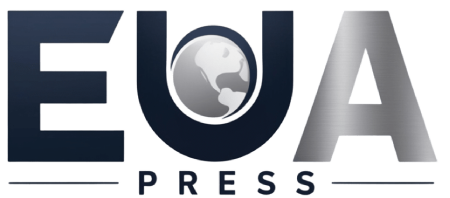In 2025, in an increasingly transparent and interconnected global economy, Auditing and Corporate Governance are more than mere formalities; they are the pillars that sustain the trust of investors, clients, and stakeholders in the financial market. For corporate management, the implementation of robust practices in these areas is fundamental not only for compliance but also for sustainability, attracting investments, and long-term financial health.
Corporate Governance: Aligning Interests
Corporate Governance is the system by which companies are directed, monitored, and encouraged. It involves the relationship between management, the board of directors, shareholders, and other stakeholders. Its fundamental principles aim at:
-
Transparency: Actions and information must be clear and accessible, avoiding opacity in financial operations and corporate management decisions.
-
Equity: Fair treatment of all shareholders and stakeholders, protecting rights and avoiding privileges.
-
Accountability: Management and the board must be held accountable for their decisions and the company’s performance.
-
Corporate Responsibility: Considering the social and environmental impacts of the company’s operations, aligning with ESG principles and green finance.
Good Corporate Governance attracts investment, reduces the cost of capital, improves reputation and branding, and minimizes risks of fraud and conflicts of interest. For fintechs and digital banks seeking scalable solutions, establishing this foundation early is crucial.
Auditing: A Critical Examination of Financial Reality
Auditing is the process of examining and evaluating a company’s financial statements and internal controls. It can be external (conducted by an independent firm) or internal (conducted by a team within the organization). The main objective is to:
-
Ensure the Reliability of Information: Ensure that accounting records and financial statements (such as balance sheets and cash flow statements) reflect the company’s economic reality without distortions or errors.
-
Verify Compliance: Check whether the company complies with laws, regulations (including financial regulation), internal policies, and accounting standards. This is vital for risk management.
-
Evaluate the Efficiency of Internal Controls: Identify whether internal processes are effective in preventing and detecting fraud, errors, and inefficiencies. The automation of financial processes (RPA) and Artificial Intelligence (AI) can be audited to ensure they function as expected.
-
Support Decision-Making: Provide shareholders, investors, and corporate management with reliable information for investment, financing, and expansion decisions.
In the 2025 financial market, Auditing benefits from technologies such as AI and Machine Learning (ML) to analyze large volumes of data (big data), identify anomalous patterns, and automate parts of the verification process, making it more efficient and accurate.
Synergy for Sustainability and Value
The synergy between Auditing and Corporate Governance is the backbone of a healthy company attractive to investment. Good governance creates a responsible environment, while auditing verifies the effectiveness of that environment and the accuracy of the information. Together, they promote:
-
Fraud Prevention: Significantly reduce the risk of financial misappropriation and corruption.
-
Investor Confidence: Companies with strong governance and transparent auditing are seen as less risky and more trustworthy, attracting more investments from funds and emerging markets.
-
Sound Strategic Decisions: Based on reliable financial data and a culture of responsibility.
-
Crisis Resilience: Well-governed and audited companies are better prepared to face and overcome crisis management periods.
Corporate management that understands the importance of financial resource management and the structuring of financial operations knows that Auditing and Corporate Governance are not just costs, but investments that generate value. Professionals with vast experience in finance and a commitment to integrity, such as Robson Gimenes Pontes, are crucial in guiding companies to build robust governance structures and implement effective auditing processes, ensuring financial health and business longevity in the 2025 economy.
Autor : Bergezin Vuc







